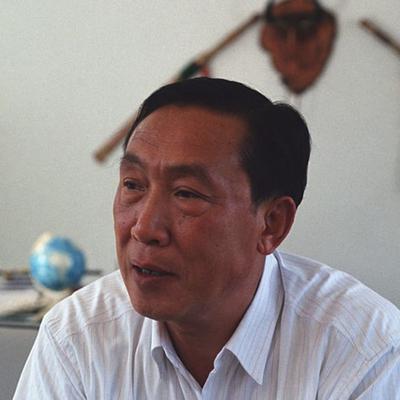Khun Sa at a Glance
Khun Sa’s Net Worth: The Opium King’s Fortune and Legacy
Introduction: The Enigmatic Khun Sa
Khun Sa, also known as the Opium King, was a controversial figure who amassed a significant fortune through the illicit opium trade in Southeast Asia. His life was marked by both ruthless ambition and complex political maneuvering. This article delves into the details of Khun Sa’s net worth, his rise to power, his activities in the Golden Triangle, and the legacy he left behind.
Early Life and Rise to Power
Khun Sa was born in Loi Maw, Mongyai, British Burma, in February 1934. His birth name was Chang Ch’i-fu. He was of mixed heritage, with a Chinese father and a Shan mother. Khun Sa’s early life was shaped by the political instability and ethnic tensions of the region. He began his involvement in local politics and armed groups at a young age.
Initially, he formed a small army consisting of only a few hundred men. Over time, he expanded his army, and it eventually grew to become a powerful force in the region. He demonstrated a keen understanding of military strategy and was able to utilize his resources effectively. The expansion of his army was a pivotal step in his rise to power, enabling him to exert greater control over territories and engage in more ambitious ventures.
The Opium King and the Golden Triangle
Khun Sa’s notoriety stemmed primarily from his involvement in the opium trade, particularly in the Golden Triangle, a region spanning parts of Myanmar, Laos, and Thailand. He controlled vast opium production and distribution networks, earning him the title of the “Opium King.”
- Control of Opium Production: Khun Sa oversaw the cultivation of opium poppies, a highly lucrative but illegal activity.
- Distribution Networks: He established intricate distribution networks to transport opium and heroin to various parts of the world.
- Financial Gains: The opium trade generated immense wealth for Khun Sa, allowing him to fund his military operations and personal lifestyle.
From 1974 to 1994, the Golden Triangle accounted for approximately 80% of the street heroin supply in New York, highlighting the global impact of Khun Sa’s activities.
Military Activities and Conflicts
Khun Sa was the leader of several armed groups, including the Shan United Army (SUA) and the Mong Tai Army (MTA). These groups engaged in conflicts with the Burmese government and other factions in the region.
- Shan United Army (SUA): Formed as a key organization to advance his interests and challenge opposing forces.
- Mong Tai Army (MTA): This army served as a military wing to protect his territories and opium operations.
- Conflicts with the Burmese Government: Khun Sa’s groups fought against the government to maintain autonomy and control over opium production areas.
His military activities were crucial in maintaining his power base and protecting his interests in the opium trade.
Legal Troubles and International Scrutiny
Khun Sa faced numerous legal challenges and international scrutiny due to his involvement in drug trafficking. He was indicted by a New York court in 1989 for attempting to import 1,000 tons of heroin.
- Indictment in New York: The U.S. government pursued legal action against him for drug-related offenses.
- Attempted Assassination: In 1981, there was an attempt to assassinate Khun Sa at the insistence of the US Drug Enforcement Administration.
- Never Arrested: Despite the legal charges, Khun Sa managed to evade arrest and lived the remainder of his life in Rangoon.
These legal battles highlighted the global effort to combat the illicit drug trade and bring Khun Sa to justice.
Death and Legacy
Khun Sa passed away on October 26, 2007, at the age of 73. His death marked the end of an era in the Golden Triangle. The legacy he left behind is complex, embodying both the immense wealth generated from illicit activities and the social and political consequences of his actions.
His death didn’t immediately end the opium trade in the Golden Triangle, but it signified a significant shift in regional power dynamics. His methods and strategies continue to be studied by those interested in the history of drug trafficking and organized crime.
Khun Sa in Popular Culture
Khun Sa’s life and exploits have been depicted in popular culture, reflecting the fascination and controversy surrounding his story. Ric Young played Khun Sa in the 2007 movie “American Gangster.” This portrayal brought his story to a wider audience, presenting a fictionalized account of his life and the impacts of his actions.
His story continues to be an example of the complex interplay between criminal activity, political power, and international relations.
Conclusion
Khun Sa’s net worth, estimated at $5 billion, was the direct result of his dominance in the opium trade within the Golden Triangle. His story encapsulates the convergence of crime, power, and politics. He was an influential figure whose actions had far-reaching consequences. His life offers a stark reminder of the impact of the global drug trade and the human cost of organized crime.

